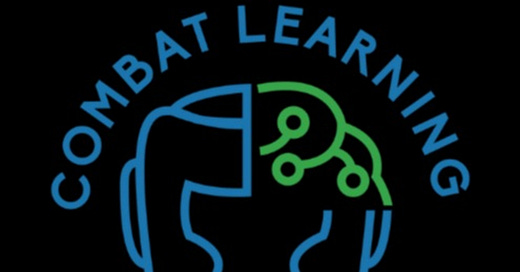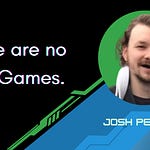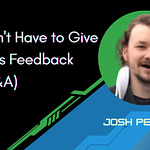In this third installment of our interview with Greg Souders, we unpack in gritty detail how Greg approaches both task simplification and task complexification. There's quite a bit of information out there about how to scale down games, but not a lot on how, why, and when to scale them up, even beyond the complexity of free sparring. There's a lot to glean here across practice design to curriculum development to helping individuals achieve their optimum level of challenge point. Quick reminder: if you benefit from the show, consider going to combatlearning.com/support to buy me a coffee. This is a donation that supports the show and I really, really appreciate it. Alternatively, you can support the show by join the waiting list for the next cohort of Combat Learning Workshops at combatlearning.com/waitlist. --- Join the newsletter today: https://combatlearning.com/newsletter/ --- Where to find Greg... Personal Instagram (training inquiries): https://www.instagram.com/gdsouders/ Standard Instagram: https://www.instagram.com/standardjiujitsu/ Standard YouTube: https://www.youtube.com/@standardjiu-jitsu6031 --- Produced by Micah Peacock Intro Theme by Micah Peacock Outro Music is Synergy by Juche
Teaching Martial Arts by Combat Learning
Teach martial arts radically better using the ecological dynamics and constraints-led approach to training. Explore the little-known frontiers of skill adaptation, perceptual-motor learning, and performance science for combat sports such as jiu jitsu, taekwondo, kickboxing, karate, muay thai, and more.
Teach martial arts radically better using the ecological dynamics and constraints-led approach to training. Explore the little-known frontiers of skill adaptation, perceptual-motor learning, and performance science for combat sports such as jiu jitsu, taekwondo, kickboxing, karate, muay thai, and more.Listen on
Substack App
RSS Feed
Recent Episodes













Share this post